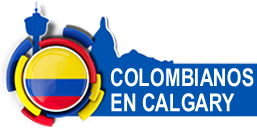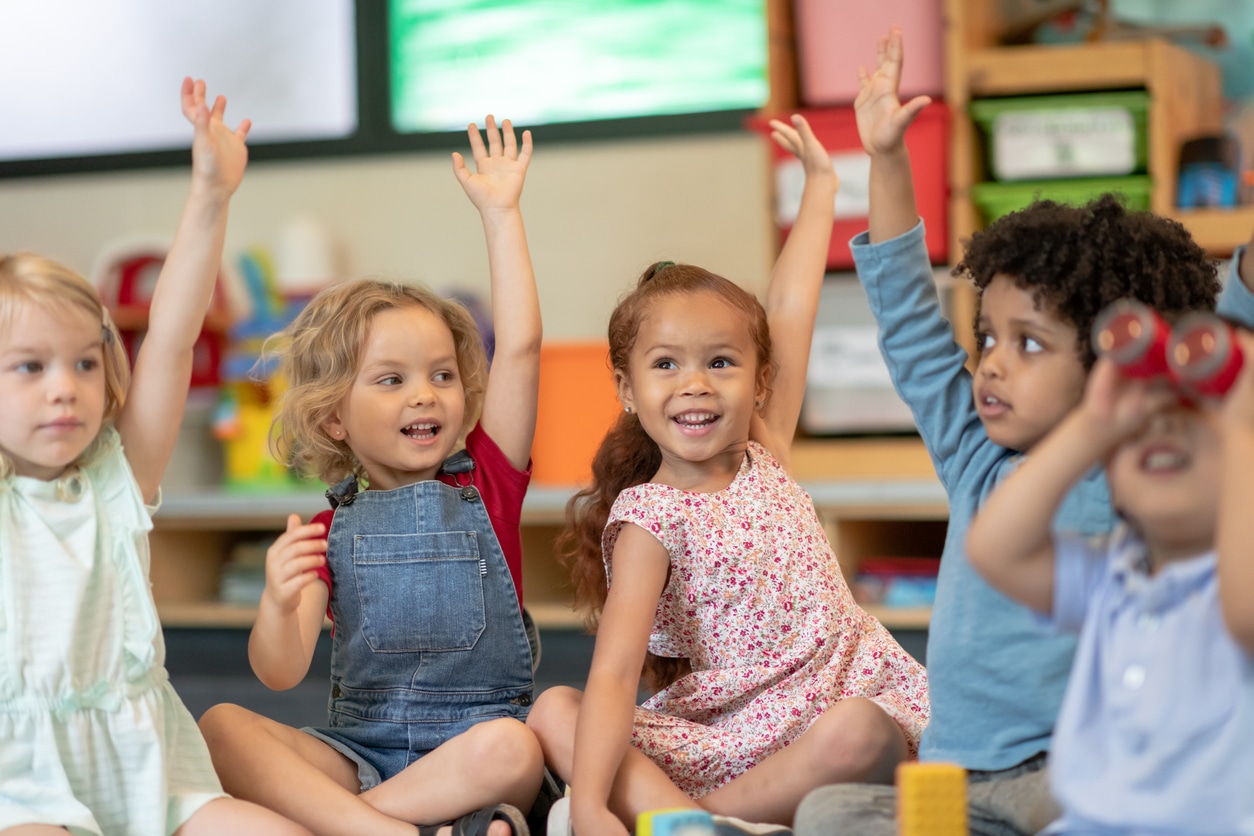The world of the 21st century is characterized by its vast diversity and interconnectedness. As educators, there’s a pressing need to prepare students not just for local communities but for the global stage. Montessori education, with its universal principles and child-centered approach, offers a robust framework for fostering multicultural awareness and global citizenship. Let’s delve into the incorporation of multiculturalism in the Montessori setting.
Montessori’s Vision of Global Education
Dr. Maria Montessori, having witnessed the world wars, strongly believed in the power of education to foster peace. She envisioned an education system that transcended nationalities and cultures, teaching children about humanity’s interconnectedness and shared responsibility.
Building Blocks of Multicultural Montessori Education
- Cosmic Education: For older children, the Montessori curriculum introduces the idea of ‘Cosmic Education’. This encourages students to understand their role within the larger universe, promoting a holistic view of Earth and its inhabitants.
- World Maps and Globes: Physical geography tools like maps and globes are standard in Montessori classrooms. They serve as tactile representations of the world, sparking curiosity about various countries, cultures, and landscapes.
- Cultural Boxes: Montessori classrooms often have ‘cultural boxes’—collections of artifacts, pictures, and information about different countries. These boxes offer children tangible insights into the lives, traditions, and customs of people worldwide.
- Festivals and Celebrations: Recognizing and celebrating global festivals introduces students to different cultural traditions, stories, and values.
- Language Studies: Many Montessori schools offer language programs, exposing children to different languages, furthering their cultural appreciation.
Advantages of a Multicultural Montessori Education
- Empathy and Understanding: By learning about diverse cultures, children develop empathy and a deeper understanding of global perspectives.
- Critical Thinking: Exposure to multiple viewpoints encourages children to think critically and appreciate the nuances in global issues.
- Preparation for the Global Stage: Today’s world demands global citizens—people who can collaborate, communicate, and navigate cross-cultural interactions. A multicultural Montessori education lays the foundation for these skills.
Deepening the Dive: Montessori Conferences
One of the best ways for educators to immerse themselves in the nuances of multicultural Montessori education is through conferences. Events like the Children Change The World Montessori Conference in Canada play a pivotal role. Renowned as a premier Montessori gathering, this conference covers a range of topics, including multiculturalism. Check out their detailed agenda at www.childrenchangetheworld.com/schedule.
Conclusion
In a world that’s growing smaller by the day, Montessori’s vision of global education is not just innovative but imperative. By integrating multicultural elements into the curriculum, Montessori classrooms mold future citizens who respect, appreciate, and collaborate across cultures.
Multiculturalism in the Montessori
Montessori in Calgary
 Colombianos en Calgary Colombianos en Calgary
Colombianos en Calgary Colombianos en Calgary
